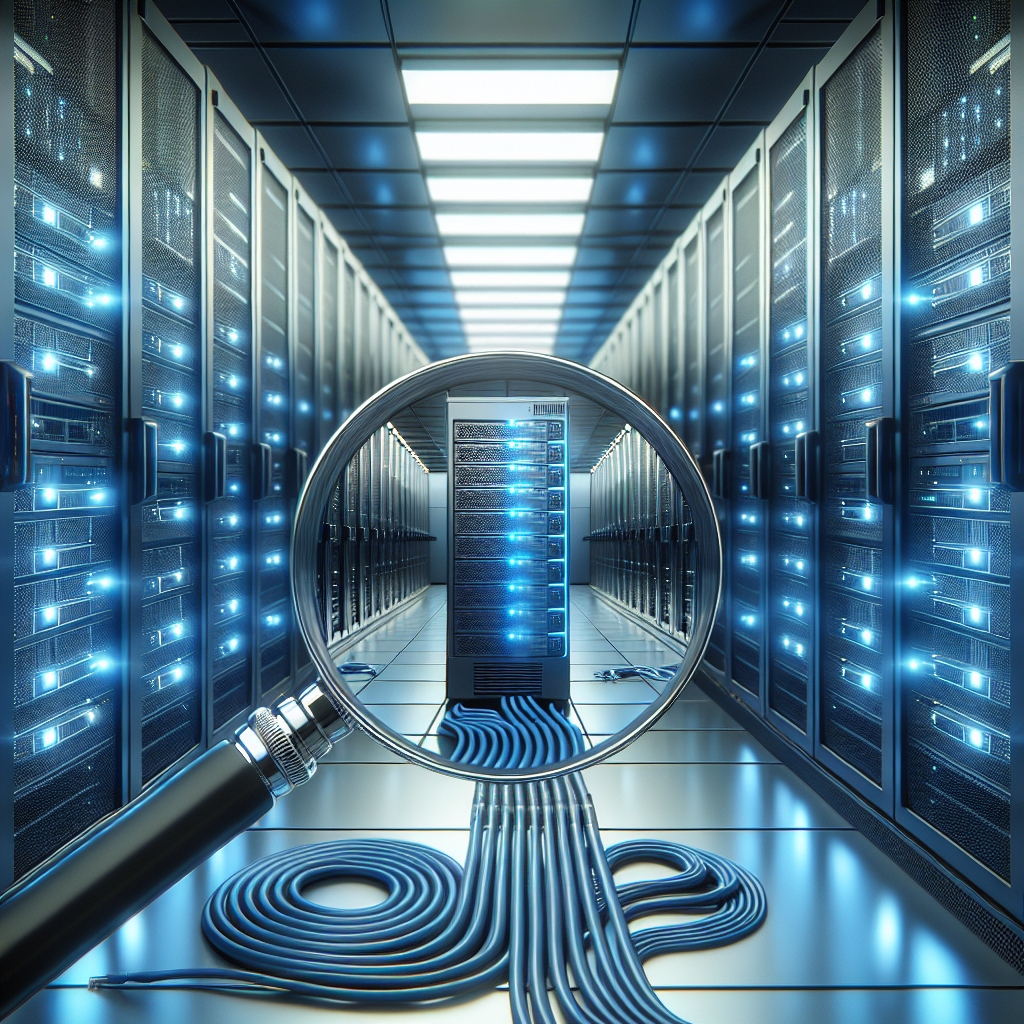Your cart is currently empty!
Optimizing Performance: How to Choose the Right Data Center Server for Your Business

In today’s digital age, businesses rely heavily on data centers to store and manage their critical information. Choosing the right data center server is crucial for optimizing performance and ensuring seamless operations. With a plethora of options available in the market, it can be overwhelming to select the best server for your business needs. Here are some key factors to consider when choosing a data center server:
1. Performance requirements: The first step in choosing the right data center server is to determine your performance requirements. Consider factors such as processing power, memory, storage capacity, and network bandwidth. Assess your current and future workload demands to ensure that the server can handle the workload without any performance bottlenecks.
2. Scalability: It is important to choose a data center server that can scale with your business growth. Look for servers that offer flexibility and scalability options, such as the ability to add more CPU cores, memory, or storage as needed. This will ensure that your server can accommodate increased workloads and data storage requirements over time.
3. Reliability and uptime: Data center servers are the backbone of your IT infrastructure, so it is crucial to choose a server that is reliable and offers high uptime. Look for servers with redundant components, such as power supplies and cooling systems, to minimize the risk of downtime. Additionally, consider servers with built-in failover and redundancy features to ensure continuous operations in case of hardware failures.
4. Energy efficiency: Energy costs can add up quickly in a data center environment, so choosing an energy-efficient server can help reduce operational costs. Look for servers with high-efficiency power supplies, energy-saving features, and low-power processors to minimize energy consumption and lower your carbon footprint.
5. Security features: Data security is a top priority for businesses, especially when storing sensitive information in a data center. Choose a server that offers robust security features, such as encryption, secure boot, and hardware-based security mechanisms, to protect your data from unauthorized access and cyber threats.
6. Management and monitoring tools: Managing a data center server can be complex, so look for servers that offer comprehensive management and monitoring tools. Choose servers with remote management capabilities, such as out-of-band management and monitoring software, to easily monitor and troubleshoot server issues from anywhere.
7. Budget: Last but not least, consider your budget when choosing a data center server. Evaluate the total cost of ownership, including upfront costs, ongoing maintenance, and energy costs, to ensure that the server fits within your budget constraints. Consider factors such as server lifespan, warranty coverage, and upgrade costs to make an informed decision.
In conclusion, choosing the right data center server is essential for optimizing performance and ensuring seamless operations for your business. By considering factors such as performance requirements, scalability, reliability, energy efficiency, security features, management tools, and budget, you can select a server that meets your business needs and drives success in the digital age.

Leave a Reply